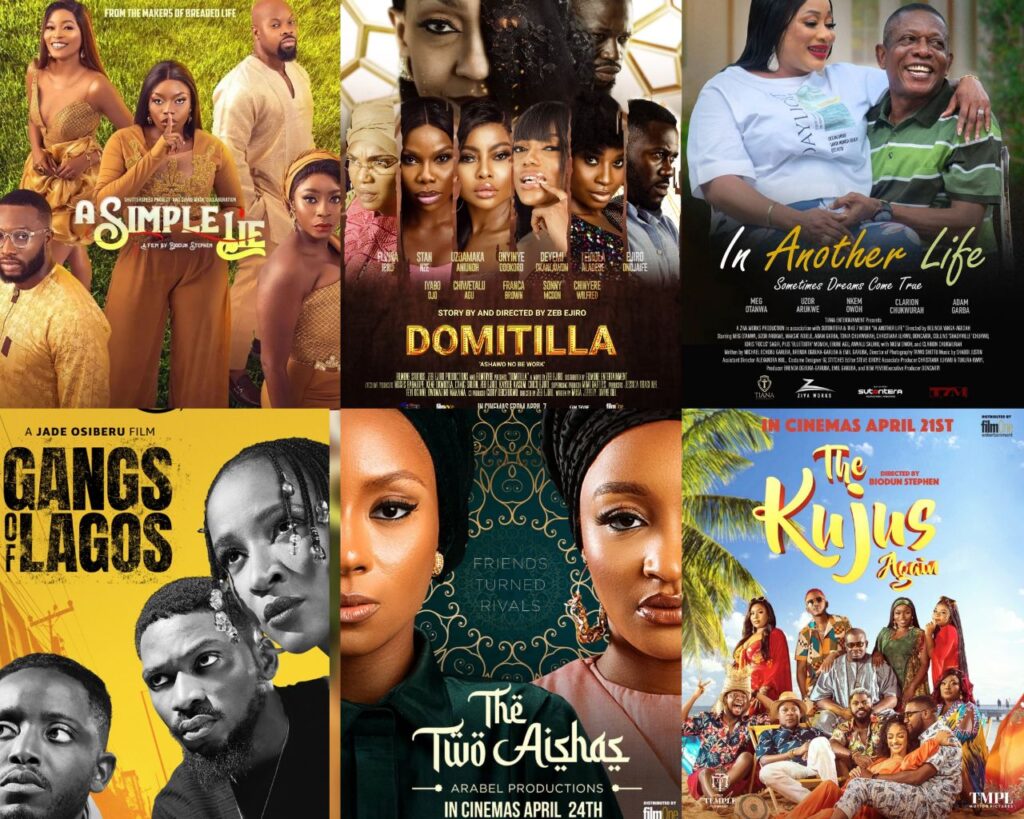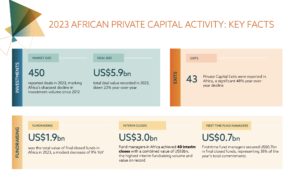In recent years, international streaming platforms have placed Nigerian films in front of global audiences, yet filmmakers still grapple with piracy and a local audience that cannot afford their films.
The Nigerian film industry is one of the fastest growing in the world, with about 2,000 movies produced yearly. However, the industry’s high productivity does not necessarily translate to real financial benefits for its professionals as its distribution problem makes it difficult for filmmakers to recoup their investment in filmmaking. Nollywood has transitioned through various forms of distribution, from the VHS to VCDs and then cinemas, each channel coming with its own challenges. Now, the industry has the opportunity to distribute its movies via international streaming platforms like Netflix, Prime Video, and Showmax.
Streaming services vs the box office
Netflix pays Nigerian filmmakers between $10,000 and $90,000 for streaming rights per film, on average, although the amount occasionally goes up, depending on the director, film budget, and projected numbers. For originals, Netflix pays as high as ₦1.4 billion ($3.8 million), like in the case of Genevieve Nnaji’s 2018 film, Lionheart. In contrast, the highest-grossing movies in cinemas, like Omo Ghetto, made up to ₦636 million ($848,000).
Rather than pay for individual films, Prime Video strikes licensing deals with production companies. Between December 2021 and January 2022, the platform struck multi-year deals of undisclosed amounts, with leading production companies Inkblot Productions and Anthill Studios giving it exclusive rights for all theatrical productions by these companies. Showmax employs a different tactic where they share revenue from advertising and sponsorship rather than an upfront payment.
Xavier Ighorodje, a writer and producer in Nollywood, shares that, while cinema releases generate more money, compared to the VHS and VCD distribution model, the direct-to-streaming route has put even more money in the pockets of filmmakers.
“To make money in film, before now, you had to go to the cinemas to have your films played. You had to pay the cinemas a certain percentage for showing your film as well as the distributors who take your film to these cinemas. For example, if you budget ₦150 million on creating a movie that makes ₦300 million, you haven’t made a profit because the cinema alone takes a large percentage—up to half—and the distributors also take about 20–25%. However, with streaming platforms, you can go straight to the platform to have them stream your film and pay only your middlemen. This means that you get to keep more of the net profit,” Ighorodje explained.
There are thousands of films produced daily, but only very few of them make it to the big streaming platforms. This leaves a large number of other—often smaller—filmmakers without many viable options for distributing their films. While cinemas are an option, foreign movies get more attention in them, taking over 75% of the market share.
International platforms and Nigerian problems
Crime will evolve to the level of innovation, and piracy has proven that. While, in the past, filmmakers struggled with pirated VCDs and DVDs, their new-age counterparts have to deal with another form of crime: illegal streaming and download sites. With platforms like Netflix and Showmax charging a monthly subscription as low as ₦1,200 ($2.5) to access films on their platforms, there is still a large percentage of the Nigerian population who find that too expensive. This has given rise to illegal streaming websites and Telegram groups in Nigeria where popular films are recorded from streaming platforms and then uploaded for other users to download straight to their devices. This costs the industry about $2 billion in losses annually.
Karima, who enjoys watching Nollywood films, gets a lot of the films she watches from Telegram. “There are different Nollywood movies now on different platforms that you have to pay for. How many platforms am I going to subscribe to? I can’t afford to pay for multiple streaming channels and so, sometimes, I just download from Telegram.”
Alheri, another film enthusiast in her mid-40s, says her problem is subscription payments. “I can afford to pay for Netflix, but I don’t know how to pay for it. When I downloaded the app, my card kept getting declined and I do not know why. I heard that only people with dollar cards can successfully pay, but I don’t have one.”
Netflix revealed in January 2023 that it has lost 39,000 already-active subscribers and about ₦250 million ($330,000) as Nigerian banks suspended international transactions from naira cards.
Unlike in the case of DVD retailers who receive payments directly in cash, these illegal streaming sites get paid in internet currency—traffic. This traffic translates into revenue through ad placements.
Has streaming impacted Nollywood’s stories?
Being able to have Nollywood films on global streaming platforms has propelled the industry into placing its best foot forward in terms of the quality of movies released. Ighorodje believes that filmmakers have had to improve the quality of their films in order to be on global streaming platforms, which is great for the industry. “We have improved our shooting style and cinematics in order to measure up to international standards and compete on a global scale which is good for the business,” he shared with TechCabal.
Donald Tombia, a screenwriter, agrees with Ighorodje and believes that filmmakers now tell more daring stories, all thanks to international streaming platforms. “Now we can create the kinds of films we want without being afraid of censorship. There are stories you want to tell and you already know that the Nigerian Film and Video Censors Board (NFVCB) will put restrictions on them. An example is Gangs of Lagos, which did fantastic on Prime Video. If that movie was released to cinemas alone, it wouldn’t have gone as far without being banned or having some parts censored, considering the central themes.”
Netflix launched in Nigeria as a streamer in 2016, as part of its plan to expand into 130 countries. Fifty, a drama directed by Biyi Bandele, was among the first set of films to be streamed on the platform and opened the door for other Nollywood films. In 2018, Lionheart, a drama, became the first Netflix original film produced in Nigeria. Not only do Prime Video, Netflix and Showmax stream Nigerian films, but these platforms are also partnering with Nigerian filmmakers to create original content.
While the presence of Western-based streaming platforms has taken Nollywood to a more global audience, the bulk of the local audience cannot access these films directly from these platforms due to problems like subscription fees, payment issues, and the high cost of internet data. The content from Nollywood also outpaces this distribution channel and leaves a lot of room for the industry to innovate in providing more digital channels that are tailored to the Nigerian experience and also profitable to filmmakers.
What do you think about our stories? Tell us how you feel by taking this quick 3-minute survey.





















